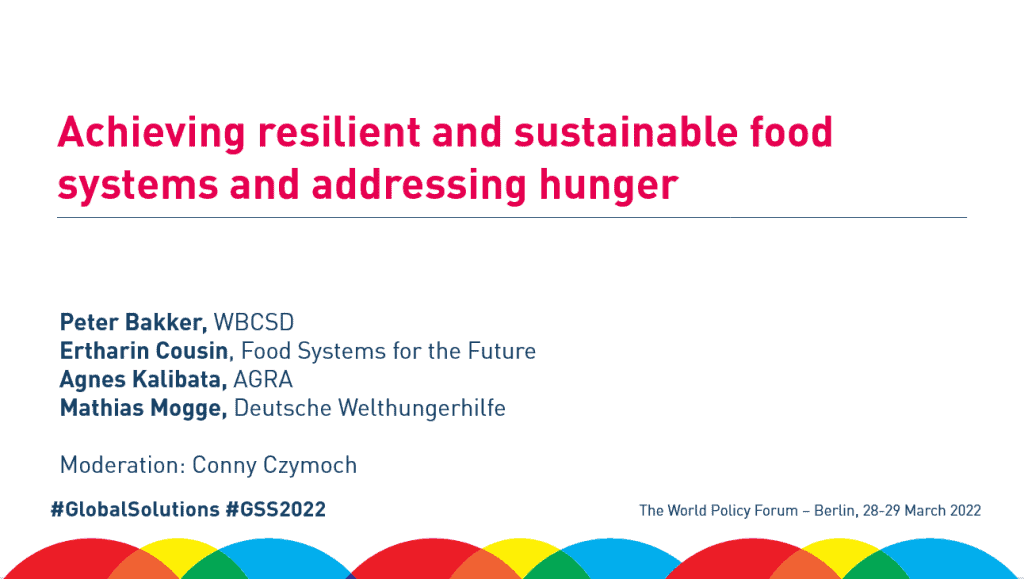Policy Area:
Ecological transformation
Ecological transformation
Topics:
Summit 2022
Summit 2022
This session is curated by Joachim von Braun, Distinguished Professor, Economics and Technical Change Center for Development Research (ZEF), University of Bonn. The global food system is in disarray again. Following market disruptions due to needed pandemic related policies, growing adverse impacts of climate stress, now the war in Ukraine acutely affects trade and production. All this contributes to rapidly increasing food prices and that impacts the poorest the most. The food system disruptions may become a key element of threats for global political stability. G7 and G20 need to address these challenges. The food system challenges are global but vary depending on context: Food insecurity and unstable food markets curtail progress to fight hunger and poverty in low-income countries. In middle- and high-income countries, food safety, food waste, and food-related illnesses are significant problems. At the same time, the food system is responsible for about one third of GHG emissions and must play its part in stopping climate change. The solutions to these challenges require new initiatives for coordinated international action, and for regional and country level policy reforms. In 2021 the UN Food Systems Summit mobilized governments, stakeholders and research communities for a sustainable food system and new initiatives for innovations to end hunger by 2030. The G7 and G20 also have their earlier commitments on these issues on the agenda. The key issues now are protecting food security, while implementing prioritized actions for transformation toward a resilient and sustainable food system. This agenda will be discussed in this panel.






